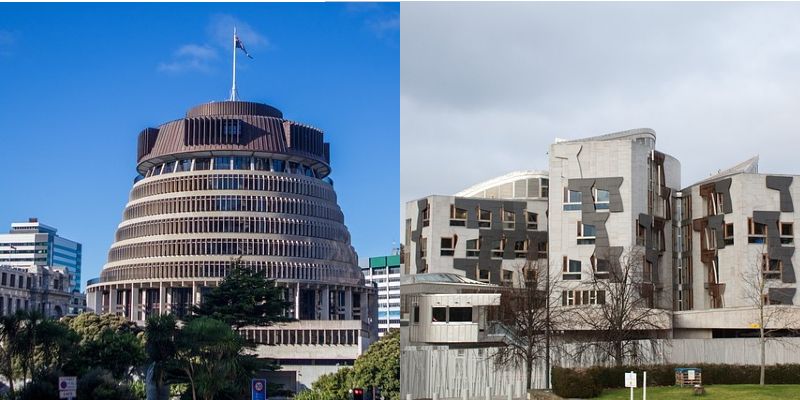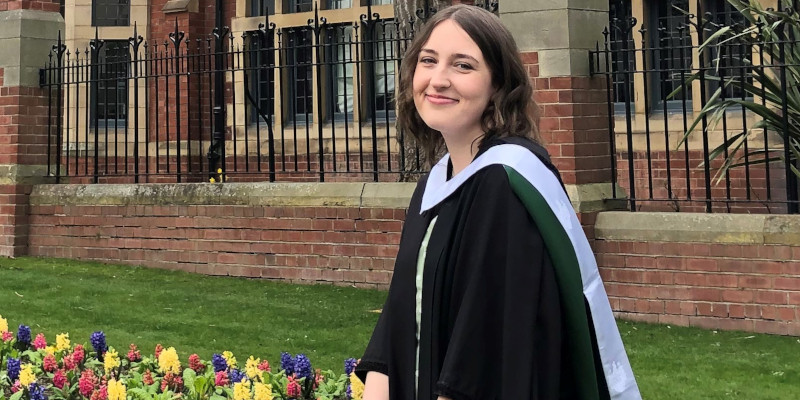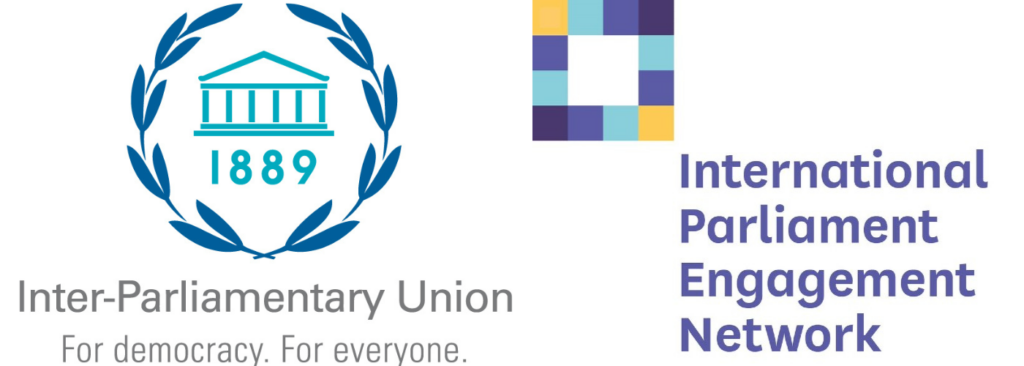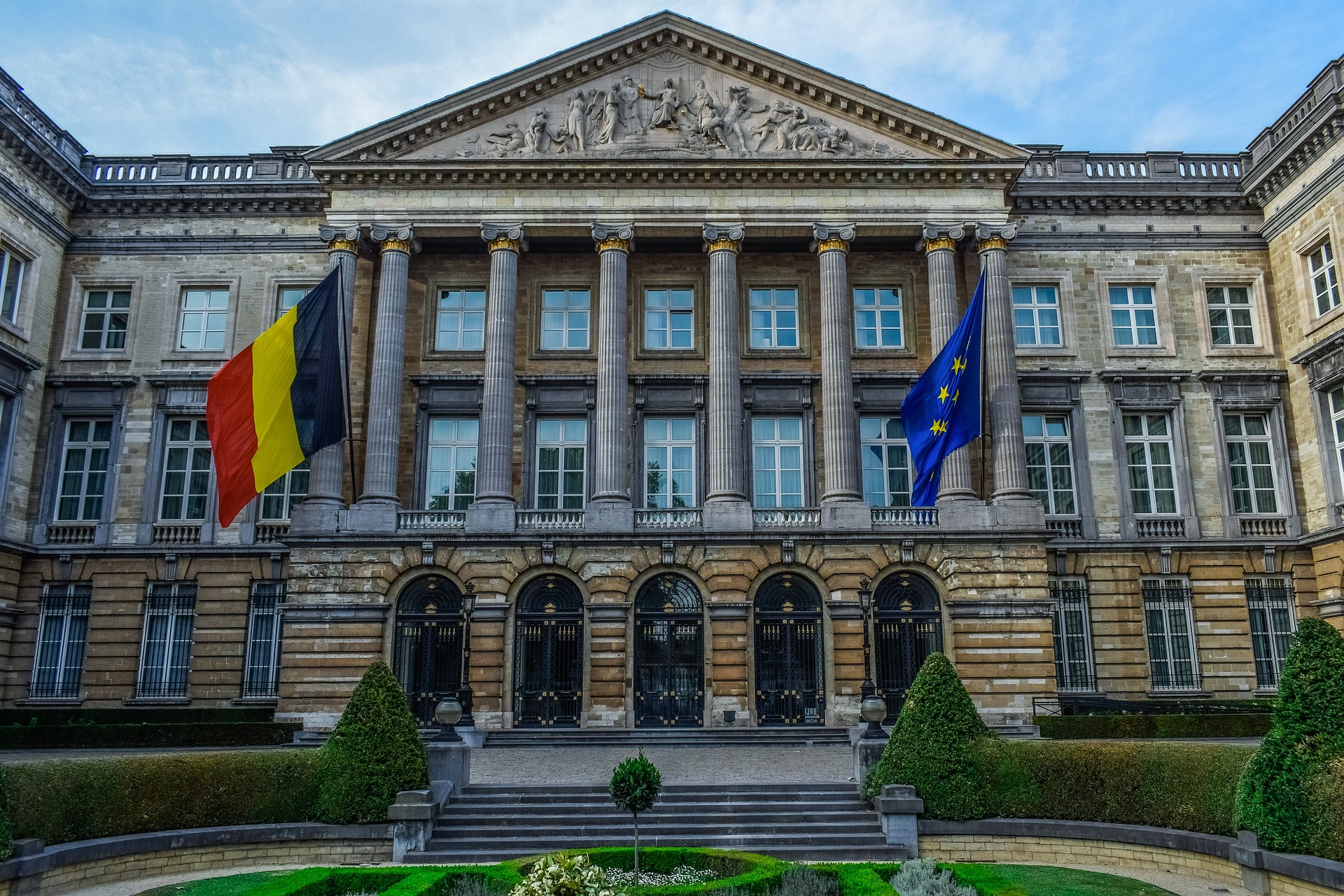27 June 2023
Speakers: Emily Jenke and Emma Fletcher (Co CEOs, democracyCo, Australia); Sonia Randhawa (Sortition Foundation, Australia); Juliane Baruck (Project Lead Hallo Bundestag, Germany); Paul Naudascher (Team Member and Head of Science & Evaluation, Hallo Bundestag, Germany)
This Public Engagement Hub seminar will focus on deliberative democracy methods to engage citizens with the policy making process. Citizens’ Assemblies / Mini Publics have become incredibly popular in recent times with parliaments. In this seminar, we discuss two recent initiatives and reflect on the implications of their different approaches.
The People’s House in Australia is an initiative of DemocracyCo, which brings together local community members with their MP, enabling community members to actively participate in democracy between elections. DemocracyCo have two trials of this method underway – with two Federal MPs – one from each of the two major parties in Australia. The speakers will share details of the method used and reflect on whether these trials are improving and strengthening democracy.
This will be supplemented by insights from Hallo Bundestag, a project in Germany which explores ways in which diverse groups of people can have their voices heard in politics. Eighteen Constituency Days (Wahlkreistage) are to be held across six electoral districts in Germany in 2023/4. These will lead to proposals for the German parliament (the Bundestag) on how the political system can be strengthened through discussion formats with randomly drawn participants at the constituency level. The speakers will provide insights into the experiences from the ongoing project and present the preliminary findings about those elements that show high potential for institutionalization.
This seminar is jointly organised by the Inter-Parliamentary Union (IPU) and the International Parliament Engagement Network (IPEN). The event is part of a series of webinars hosted by the Public Engagement Hub.
This seminar takes place on Zoom and is open to anyone with an interest in public engagement with parliaments.
Image
Credit: Gerd Altmann from Pixabay










